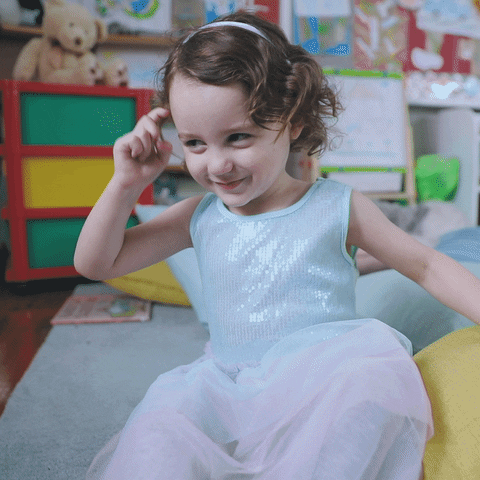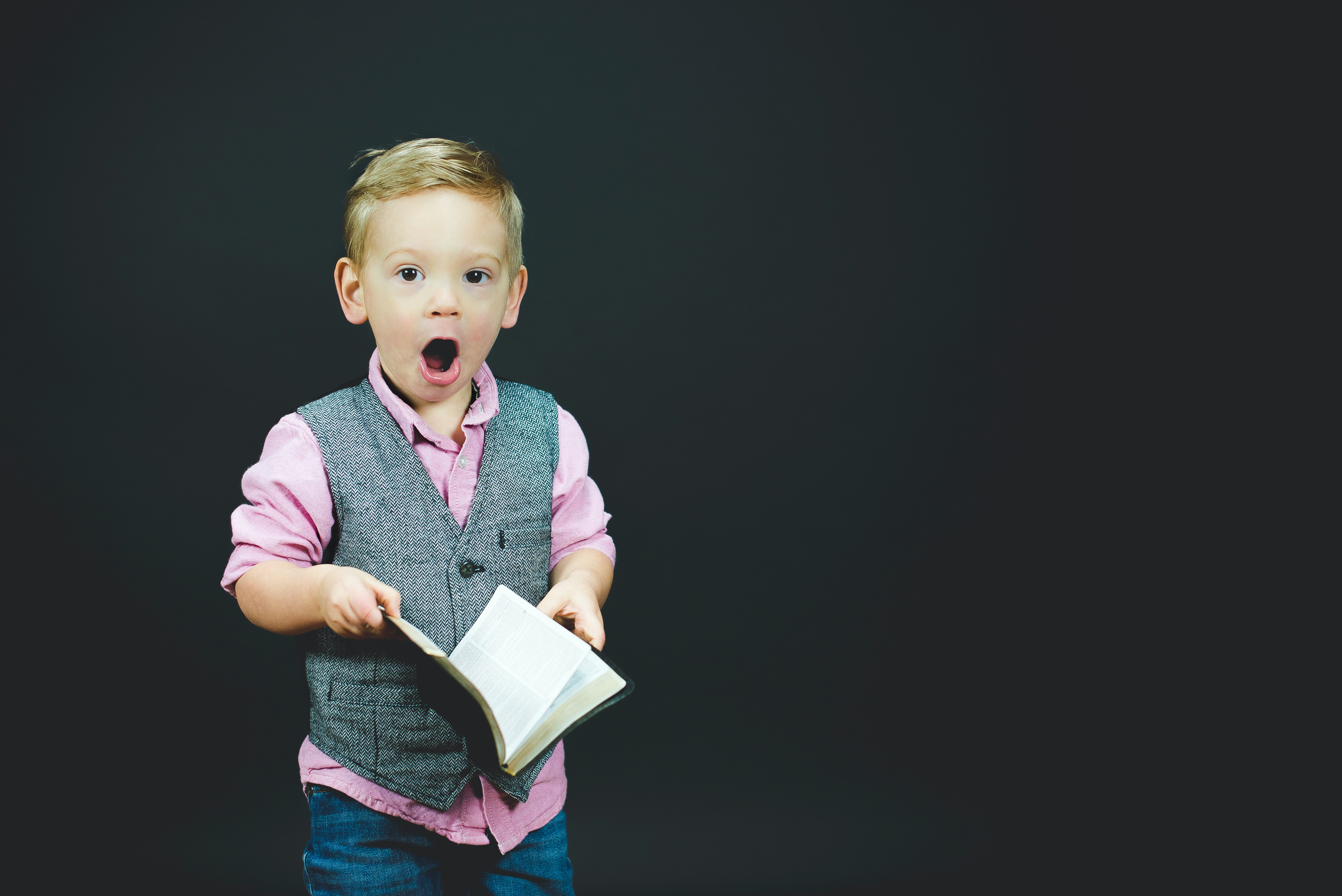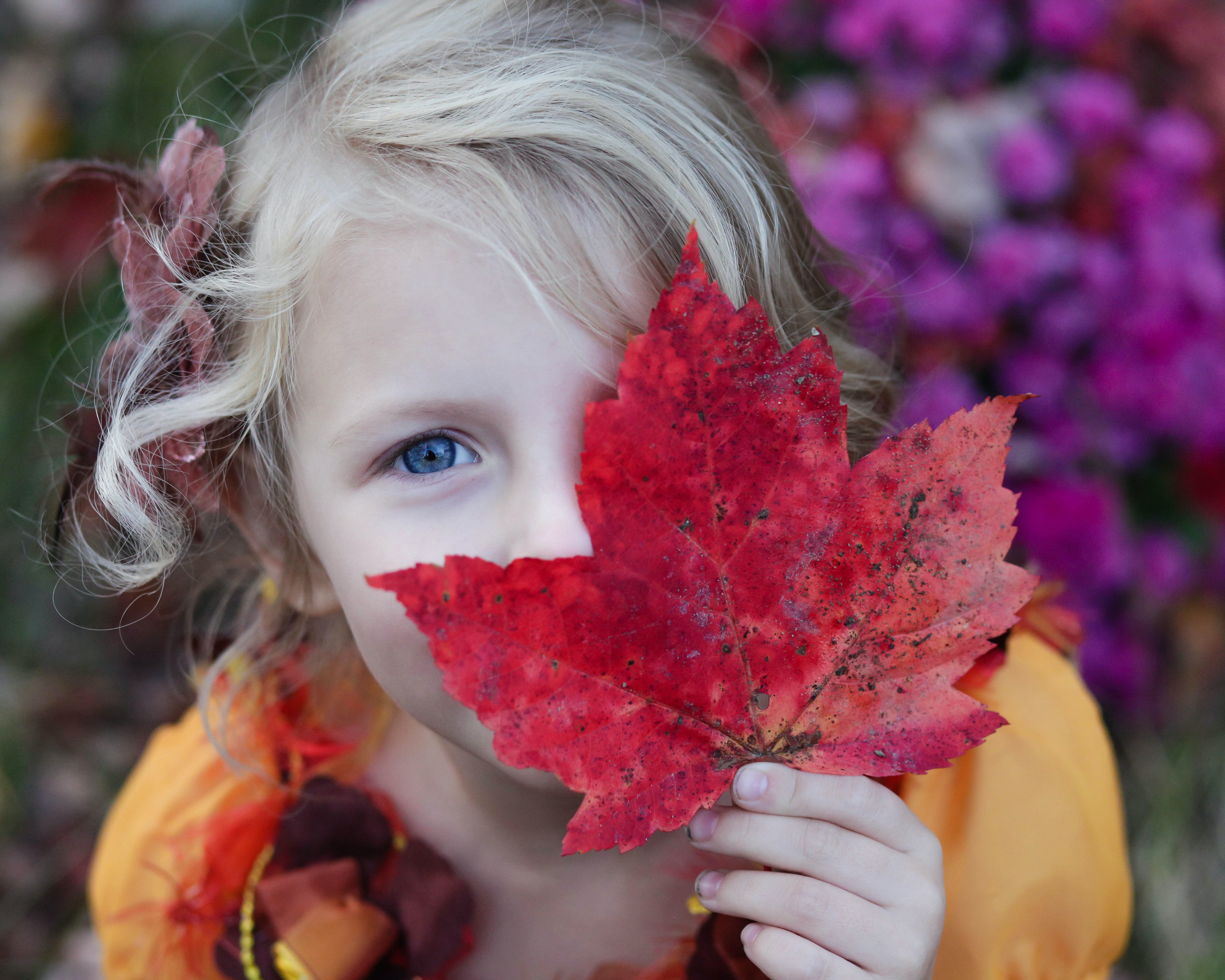Why Kids Dance Lessons in Montreal are Great for Your Child's Development
Boosts Physical Health and Coordination
Physical activity is crucial for children's health and development. Dance lessons offer an enjoyable and interactive way to get kids moving, making exercise fun rather than a chore. Dancing engages all the major muscle groups and improves essential physical skills. The American College of Sports Medicine reports that dance interventions significantly improve overall physical fitness in children and adolescents. They enhance flexibility, strength, endurance, and most notably, coordination.
Coordination is a vital skill that influences a child's gross and fine motor abilities. A study published in Research in Developmental Disabilities shows that dance activities significantly improve dynamic balance, bilateral coordination, and upper-limb coordination in children. With dance, your child learns to coordinate their movements with music and rhythm, which can help in activities that require good timing, reaction speeds, and agility.
Moreover, dancing promotes cardiovascular health. It's an aerobic activity that gets the heart pumping. A steady heart rate keeps the heart muscles strong, reducing the risk of heart disease in the future. Plus, it’s an activity that your child can continue into adulthood, promoting a long-lasting, healthy lifestyle.
Enhances Social Skills and Confidence

Social skills are an essential aspect of a child's growth and development, and participating in dance lessons can significantly improve them. In a group dance class, kids interact with each other, their dance instructor, and occasionally, an audience. This setting nurtures critical interpersonal skills. A study by The Arts in Psychotherapy found that children who participate in dance classes show better social cooperation, attention, and discipline compared to those who do not. Through dance, children learn respect for others, patience, teamwork, and the importance of listening and following directions.
Moreover, dance can boost your child’s confidence dramatically. As they continue to learn and master new dance moves, they experience a sense of accomplishment, which further builds their self-esteem. When they get the opportunity to perform in front of others, it validates their hard work and encourages them to face challenges head-on, helping them become more confident individuals. A study in the Journal of Dance Education showed that students participating in dance education had higher self-esteem and better attitudes towards their bodies.
The confidence and social skills acquired from dance can translate into other facets of a child's life, such as academics, sports, and other extracurricular activities, and can help them become well-rounded individuals.
Improves Cognitive Development and Memory

Dance is a multidimensional activity that stimulates cognitive development in children. It requires concentration, pattern recognition, and constant memorization of dance steps and routines. This cognitive exercise has been linked to improved memory and cognitive performance. A study in the Journal of Sports Science & Medicine showed that children participating in dance classes showed better spatial memory performance compared to non-dancing peers.
Dancing also enhances problem-solving skills. Children learn to navigate and interpret complex physical cues and translate them into coordinated and rhythmic movement. This process of interpretation and implementation sharpens their decision-making and problem-solving skills. According to a study published in Frontiers in Human Neuroscience, dancing can lead to a measurable enhancement of cognitive and motor abilities, and academic achievement in young children.
Moreover, the concentration and focus required in dance can positively impact a child's academic performance. The cognitive skills honed in dance classes — such as concentration, memorization, and discipline — are transferable to a classroom setting, aiding children in their studies and academic tasks.
Fosters Creativity and Self-Expression
One of the most profound benefits of dance lessons for children is the opportunity for self-expression. Dance allows kids to express their emotions and ideas creatively through movement. It provides them with an outlet to explore their imaginations, encouraging creativity, and innovation. A study in the Journal of Dance Education suggests that dance can foster creativity in children by offering a space for improvisation and discovery.
Dance encourages children to convey their feelings non-verbally, helping them express themselves in new and unique ways. This form of emotional release can be beneficial for children, particularly those who struggle to articulate their feelings verbally. According to a study in the Journal of Pediatric Nursing, children participating in creative movement and dance programs showed an improvement in emotional understanding and expression.
Moreover, dance can boost a child's self-confidence and self-esteem. As they explore different styles and movements, they develop their unique style of dance, which encourages individuality and self-belief. The ability to express oneself openly and confidently can have lasting positive effects on a child's mental health and well-being.
Provides a Positive Outlet for Emotions
Dance is more than just movement - it's a powerful form of emotional expression. It offers children a positive, healthy way to express their feelings. For example, an energetic dance may release feelings of joy or excitement, while a slower, more poignant dance may help express sadness or reflection. This ability to channel emotions constructively can be an essential coping mechanism for children navigating various life challenges.
According to a study published in The Arts in Psychotherapy, dance movement therapy can have significant positive effects on the psychological well-being of children and adolescents, leading to decreases in anxiety and improvements in mood.
In addition to providing an outlet for expression, dance helps children develop emotional intelligence. As they dance to different pieces of music, children learn to identify and connect with various emotions. This understanding can help them better recognize their feelings and those of others, an essential skill for building empathy and navigating social interactions.
Overall, kids dance lessons in Montreal offer a multi-faceted approach to child development, providing physical, cognitive, social, and emotional benefits. So why not consider enrolling your child in a dance class? Not only will they have a fantastic time dancing to the beat, but they'll also gain valuable skills that will benefit them in many other areas of life.
After 20 years of watching children blossom through dance, I can tell you that the benefits extend far beyond the dance floor. Dance gives children the skills, confidence, and joy they'll carry throughout their lives.
If you're looking for the best kids dance lessons in Montreal, I'd love to welcome your child to the Quartier Latin family.
— Alina, Founder of Quartier Latin Dance Studio




